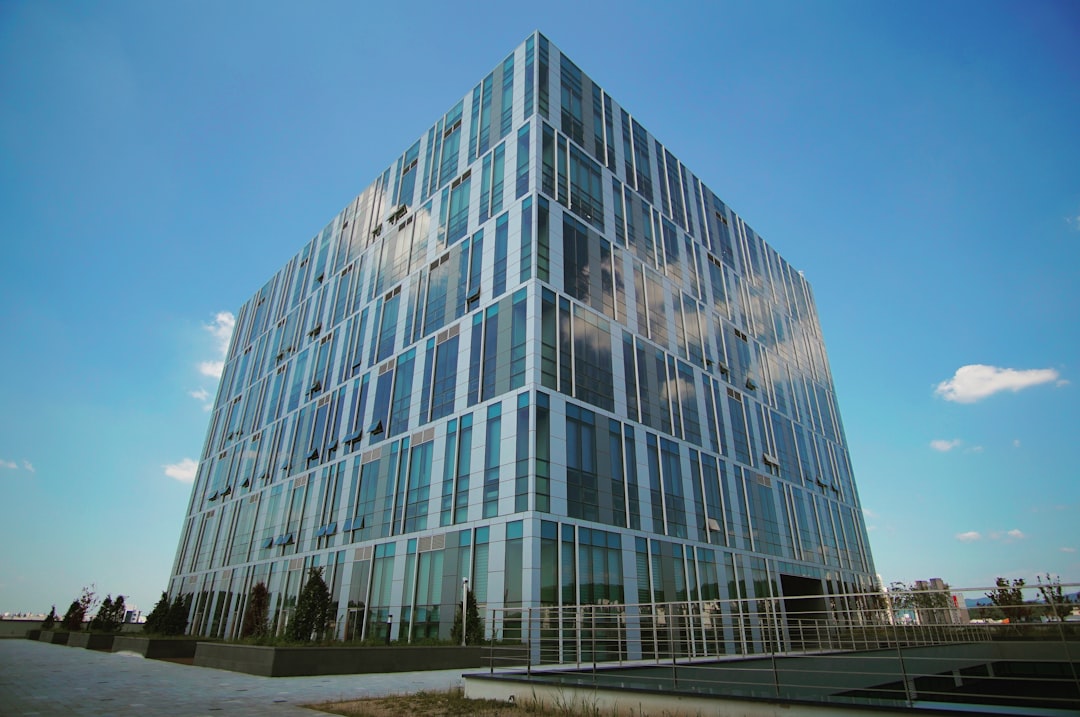April 2024 Financing insight
The commercial real estate interest rate continues to be heavily influenced by the ongoing battle with inflation. Jamie Dimon, CEO of Chase, recently underscored the persistent nature of inflationary pressures, suggesting that underlying inflation may not dissipate as quickly as anticipated. His remarks highlight the potential for sustained higher inflation, driven by a variety of forces. This persistent inflation poses significant implications for the Federal Reserve's monetary policy, which in turn affects mortgage rates.
During its May meeting, the Federal Reserve chose to maintain the federal funds rate at 5.25% to 5.5%, marking the sixth consecutive time rates were held steady. Fed Chair Jerome Powell acknowledged the hotter-than-expected inflation data from the first quarter, indicating that achieving the 2% inflation target will take longer than initially projected. Powell emphasized that the Fed’s current policy stance remains restrictive, aiming to curb inflationary pressures. Notably, Powell indicated that the likelihood of a rate hike in the near future is low, which provides some predictability for the commercial real estate market.
The resilience of inflation is evident in the recent economic data. The Labor Department reported a 3.5% year-over-year increase in the consumer price index (CPI) for March, surpassing the 3.2% rise in February and economist expectations. However, job growth showed a significant change, with only 175,000 jobs created in April, a notable decrease from the robust 303,000 jobs added in March. Despite the slowdown in job creation, wages continued to rise, with a 4.1% year-over-year increase in March. These factors contribute to a mixed economic environment, sustaining inflationary pressures while signaling potential cooling in the labor market.
The core personal consumption expenditures (PCE) price index, the Fed's preferred inflation gauge, remained elevated at 2.8% year-over-year in March, unchanged from February and above economist estimates. The persistently high core PCE indicates that inflation is deeply embedded in the economy, necessitating continued vigilance from the Federal Reserve. Consequently, mortgage rates, particularly for commercial real estate, are expected to remain elevated as the Fed maintains its restrictive stance.
Despite market speculation about potential interest rate cuts, as indicated by the CME FedWatch Tool, the overall probability of a significant reduction in rates remains low. The tool suggests a 35% chance of the federal funds rate falling between 4.75% to 5.25% by the end of the year, with only a 12.5% chance of rates remaining unchanged. This uncertainty underscores the importance of closely monitoring inflation data and Fed communications. For commercial real estate investors, the current environment demands careful consideration of financing strategies, as mortgage rates for multifamily loans are expected to remain in the range of 5.7% to 6.1% due to the prevailing economic conditions.
How does this affect you? Expect interest rates to remain elevated for an extended period, with the understanding that even if they decrease, they are unlikely to return to historical lows. The multi-family sector continues to secure the most favorable rates, followed closely by industrial and retail sectors. Owner-user financing also remains robust. As lenders' capital deployment strategies are constantly evolving, comparing multiple quotes will be your best strategy for securing the best deal.









